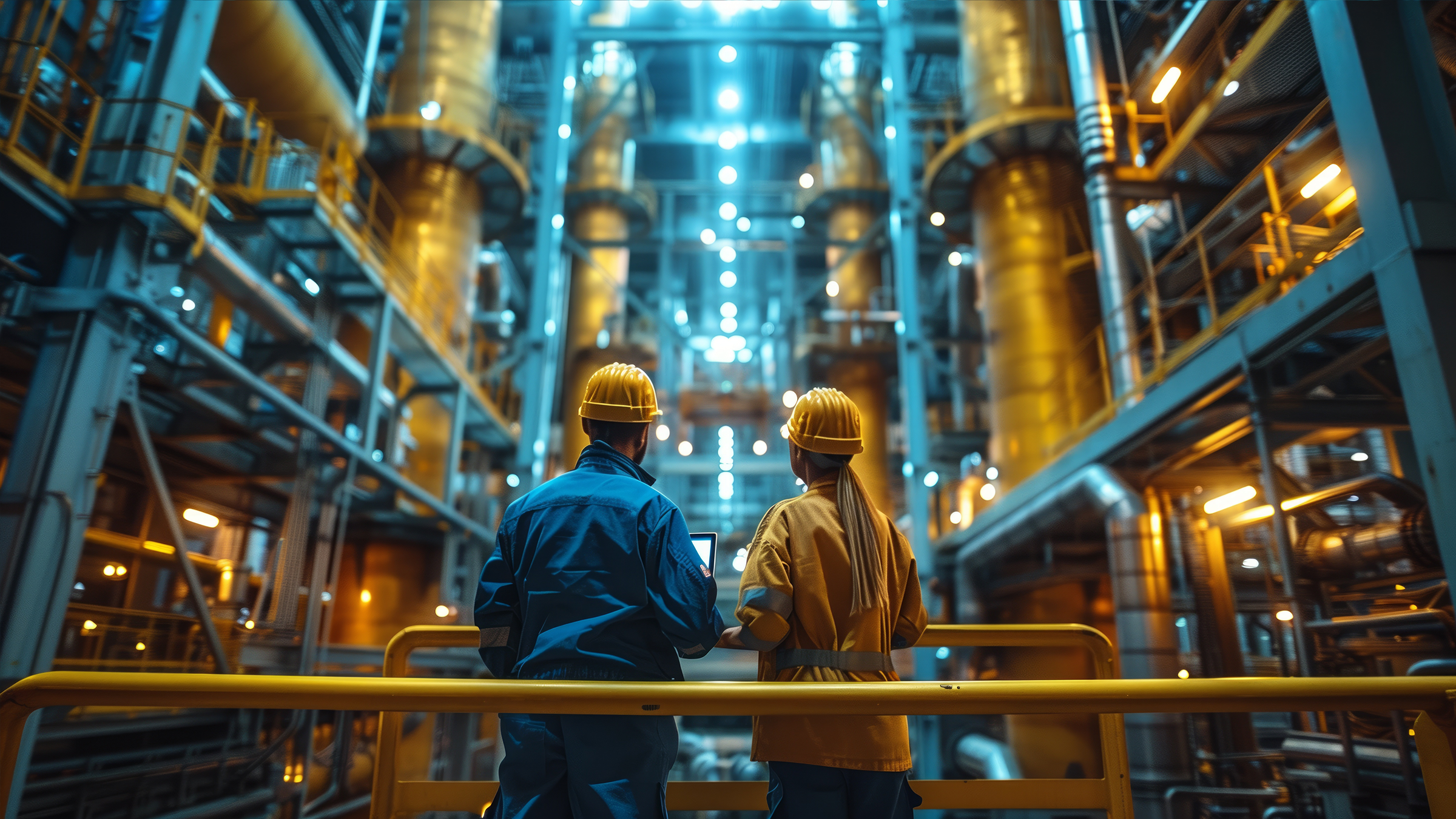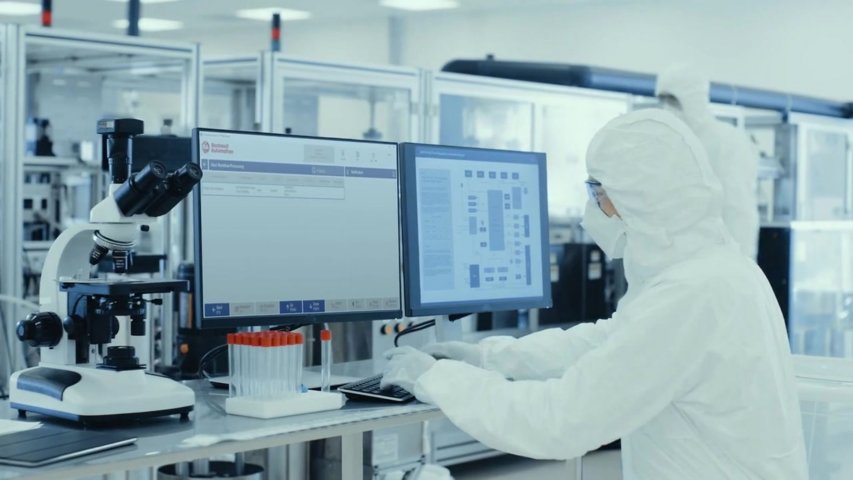Marcelo Tarkieltaub shares his views with Global Business Report – Southeast Asia Chemicals 2024 on Digital Transformation and digitalization in the region’s chemical value chain.
Could you provide an overview of Rockwell Automation’s presence and capabilities in Southeast Asia and how important is this region to the company’s growth story?
Rockwell Automation has a strong presence in Southeast Asia with our APAC headquarters based in Singapore. The city-state is also home to a manufacturing plant that serves as a global hub, servicing customers not only in APAC but also in Europe and the Americas. Outside of Singapore, we have offices in the six main Southeast Asian countries, as well as additional manufacturing capabilities in China and India, with a new plant recently inaugurated in Chennai bolstering our APAC capacities. Having the right touch points to be close to our customers across geographies is critical for us and something that distinguishes us in the market.
In terms of the relevance of the region for the global company, Asia is not only an important manufacturing center today, but it is also on a path to becoming the world’s largest manufacturing center in the next 10 to 30 years; within this huge region, the ASEAN bloc fits nicely as an emerging economy, powered by a growing middle class and improving education standards. Together with India, Southeast Asia checks all the boxes as a key manufacturing powerhouse.
Rockwell Automation is the largest industrial automation company in the world, with a broad suite of hardware and software solutions. If you could summarize your portfolio in a few sentences, how would you describe it?
How I like to describe what we do as a company is that we help manufacturing to be more efficient and sustainable – produce better and produce more sustainably. We support our customers with all aspects of the manufacturing (EG. manage labor shortages). Behind this is a whole range of equipment, software, services, and over 100 years of expertise.
How has the notion of “digital transformation” evolved and where are we now?
Technology evolves rapidly. A few months ago, we were still speaking about Industry 4.0 as the end goal, yet there are people now talking already about Industry 5.0, marking a leap from digital manufacturing to fully autonomous manufacturing. This is where we are moving towards: operations where the system can make its own decisions using AI and predictive analysis and whereby humans shift into different tasks. Rockwell has recently acquired a company called Clearpath Robotics, which is a leader in autonomous mobile robots (AMR) technology. Robots can be deployed at the manufacturing site to run transports, autonomously. However, each company is on its own journey, with some of our customers still at 3.0, while others are ready to embrace the next generations of technology available.
What is the level of maturity when it comes to digitalization in the Southeast Asian chemical value chain?
It depends on the maturity of the market. Singapore has a mature industry looking at optimizations, but one can find state-of-the-art technology in less mature markets too. What is changing fast in Southeast Asia is that more players in the region are looking to serve a more global customer base as opposed to only exporting domestically or within ASEAN. To turn into a global manufacturing hub, the industry must be competitive. The driving force behind digital transformation is efficiency. One does not do it simply because it is available. The impetus to digitalize is to become more competitive and profitable.
What role do digital twins play in the plant of the future? Can we talk about this technology becoming mainstream?
The most data we have in the world today comes not from banking or other white collar sectors; it comes from the manufacturing floor. But how much and how well that data is used by industrial companies is not comprehensive. Many of our customers do know how to manage that data. AI and digital twins represent new tools to simplify that journey; using virtual reality, the industry can manage their plants, simulate scenarios to understand what happens if something if a new machine is added or something else is changed, and essentially make better and more conscious business decisions. In other words, digital twins bring all that information together. Digital twins are used in both existing assets – for instance, to check what happens if a modification is made to the plant and what is the minimal capital expenditure and shortest time frame to implement – as well as in new builds, when a plant is designed from scratch to see how the plant will look like and predict many last minute items before they happen.
Could you familiarize our readers with CUBIC, now deployed in Southeast Asia?
CUBIC is an acquisition made over a year ago, bringing into Rockwell’s portfolio a very nice flat-pack technology to build electrical panels with almost, I would say, brand-agnostic components. Traditionally, existing alternatives to CUBIC on the market can only work with their own components, forcing customers to invest heavily in a lot of machinery to make them compatible. To draw an analogy, CUBIC uses the IKEA principle whereby you assemble the pieces yourself without any special machinery in advance, so it is very flexible and comes at low upfront costs for the buyer. CUBIC has been rolled out in Southeast Asia with amazing results, growing extremely fast and proving to be a great fit for the region.
What do you think makes Rockwell Automation the automation partner of choice for the chemical industry?
Everything we do is around manufacturing – this is our biggest differentiator. Every one of our employees in this region is dedicated to helping the industry be more efficient. That is all we know. As a philosophy, we do not work around technology, but around solving problems. This is our DNA.
Originally published in Global Business Reports – Southeast Asia Chemicals 2024 (p. 93)




